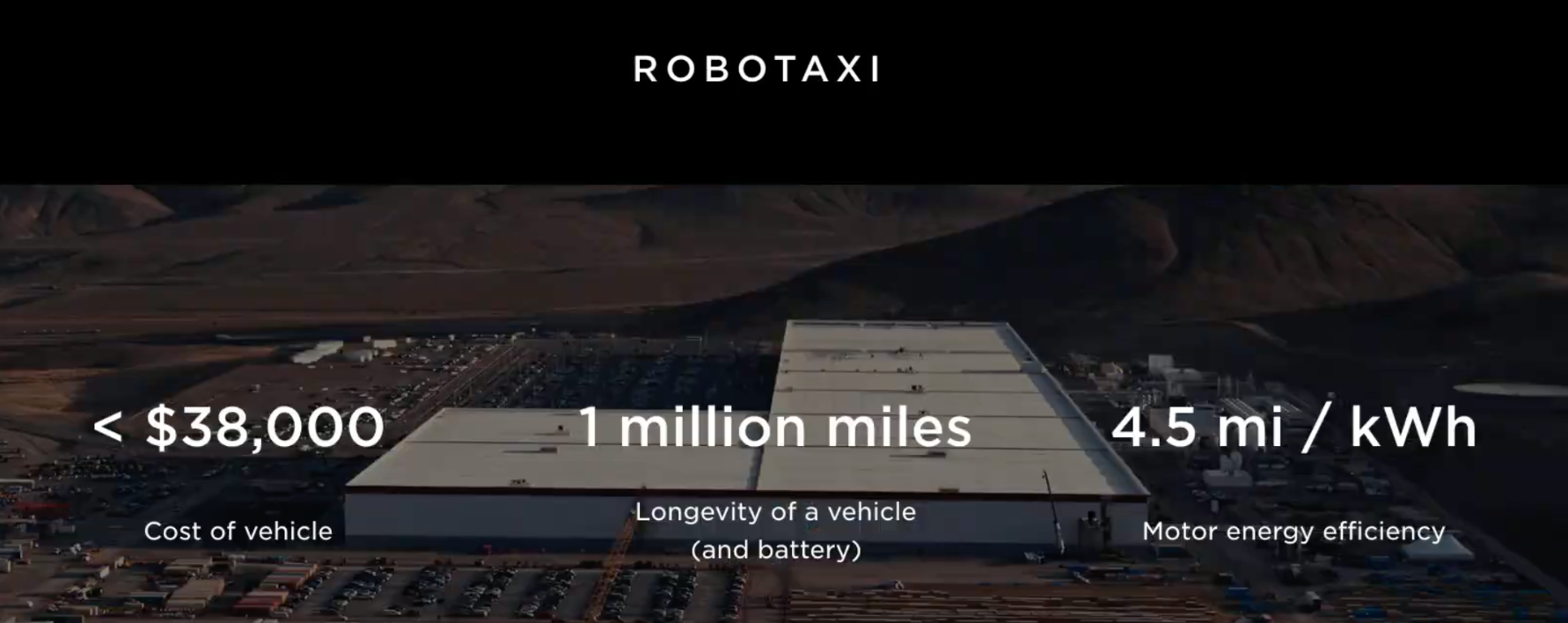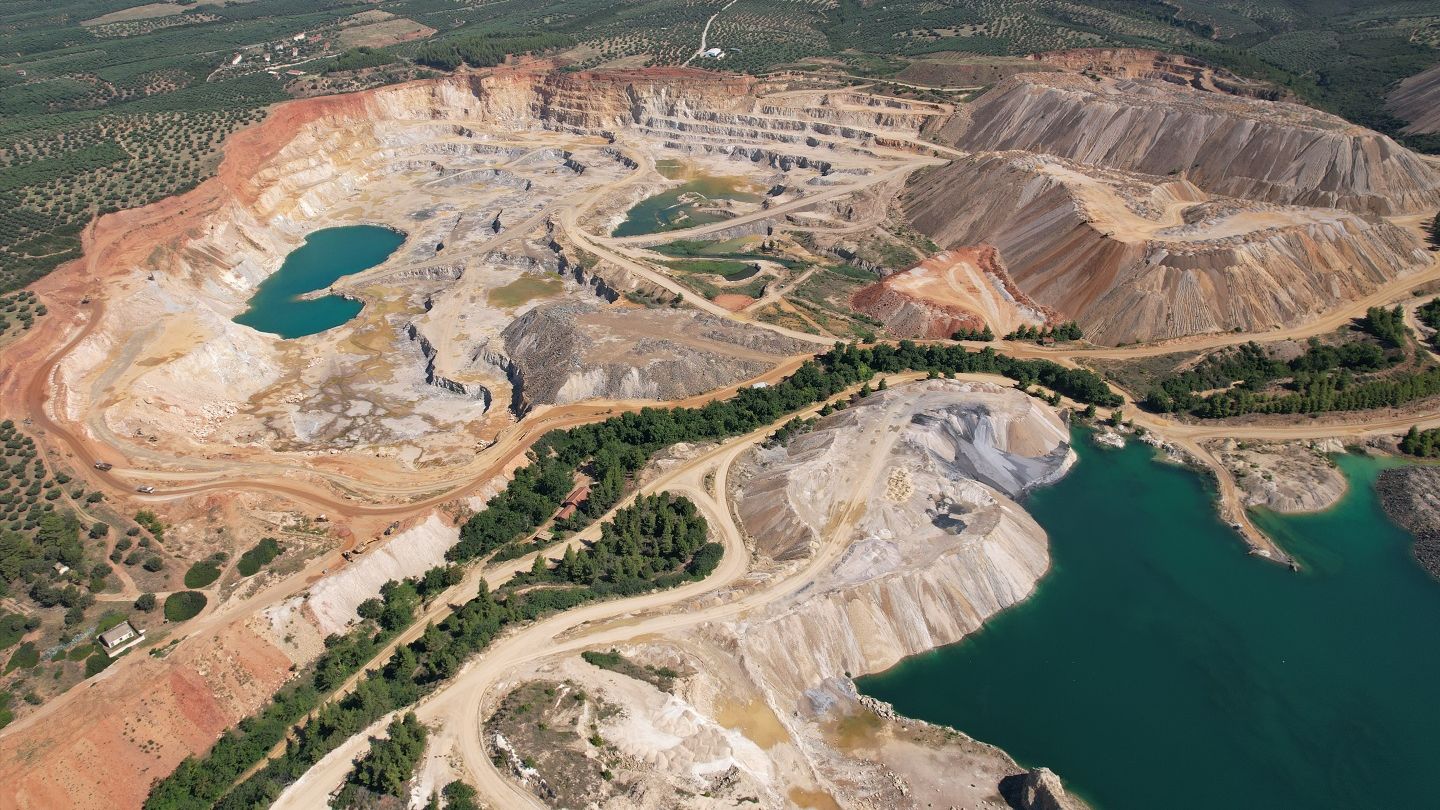Sign up for daily news updates from CleanTechnica on email. Or follow us on Google News!
I recently came across an interesting article about how climate change is messing up time. At first, this sounded like the plot to a bad B movie like you’d find if you scroll around for too long on Netflix. I even saw one social media post using a screenshot of the headline (sans context, of course) to explain how the libs are trying to deceive everyone. I mean, the idea of climate change affecting something as universal as the spacetime continuum sounds pretty crazy. But I put in some absolute minimum effort (I read the article), and found out that there is actually something to it!
First off, let’s get the obvious out of the way: time itself is not being affected. We know from the theory of general relativity (the whole E=MC² thing) that things like speed and gravity can affect the passage of time, but the effects are never noticeable in everyday life. Even in extreme situations, like riding a spacecraft around the planet at 25,000 MPH (the speed is about unimaginable, so I’m not going to bother with metric conversions), the effect on time can only be measured at all with the most sensitive of clocks.
Even if the whole planet went up in flames from the worst climate change imaginable, any surviving clocks would continue counting time about the same as they always did. So, no, climate change can’t cause problems with the passage of time.
But climate change can affect the way we count time. Because we’re not floating around in interstellar space, we hew-mons tend to measure time based on things we experience in nature. Every morning, the sun rises. Every night, the sun sets. That cycle repeats in a predictable manner, and we’ve built our system of 24-hour days around the rotation of the planet, and its trip around the sun that happens every 365 and a quarter days.
This system isn’t perfect. The planet wobbles and tilts. It speeds up and slows down a bit. Over time, the days get longer and longer as the planet slowly loses energy and turns slower, but it’ll be a LONG time before it’ll even be noticeable to humans, because the days only get 2.3 milliseconds longer every century. Between all of these little things, official timekeepers had to do things like add leap seconds and corrective milliseconds to the calendar every year so that everyone is on the same page.
These tiny little milliseconds don’t really affect things like setting your stove clock (assuming it doesn’t sit there and flash 12:00), but it does affect things that require great precision, like GPS systems, financial transactions, and computer networking. Knowing how these tiny changes in length of day will happen is essential, and everyone needs to make the same changes so that all of these technologies can work properly.
Climate change is causing predictability problems with those tiny but essential adjustments to timekeeping. When glaciers and ice sheets on the top and bottom of the planet melt, gravity and rotation pulls that water toward the equator. This means that the poles are getting flatter and the planet is getting bigger on the waistline like many of us as we get older. This slows the rotation down, and now it’s slowing things down more than the moon was, meaning that scientists are having to correct things more than ever.
But, the good news is that now that scientists understand the situation and are studying it more, it will be easier to understand the changes to earth’s rotation, the length of the day, and thus timekeeping. This should make it easier to anticipate the changes to time needed and get it right.
Why This Is Frightening
While we rely on GPS and timekeeping more than ever, and the effects of problems with timekeeping can add up to dangerous situations, it’s still not something most of us will ever experience as more than a minor error in navigation or having to reload a webpage (assuming it even causes that at all). But there’s another thing that should bother us: that we’ve changed the planet with climate change in a way that we couldn’t predict.
We have to consider that the processes behind the time of day have been going on for billions of years, and the current rate of change to that has been following a predictable process for millions of years. But, without knowing we were doing it, we’ve affected the process and became the dominant force in changing the length of the day in only a couple hundred years!
Worse, this isn’t the first time unanticipated things have happened with climate change. When we think we understand how the process works and what we can plan for in the future, we can prepare for it and save lives. But, when we find out that things move faster or slower than we anticipated, our ability to cope is severely compromised.
This is even more terrifying when we consider that there could be tipping points in climate change, and that we don’t know when we’d trip them. We really don’t know, for example, how much heating today’s ocean currents can take before all of the temperature changes and melting water would disrupt them or make them shift entirely. It’s a bit like walking around in a dark room and hoping you don’t trip over anything and get hurt.
When we consider the possible consequences that could come up, and that these consequences affect the whole planet, it’s more like walking around in a dark cave without a flashlight. We might get a nasty bump on our head, or we might fall down into a deep pit and die. We really don’t know. This is an experiment that we really don’t want to conduct this way, as there’s just too much at stake.
So, while this little thing that affects our planet in imperceptible but measurable ways isn’t a huge deal, it’s a sign of much worse things. We’ve been stumbling around in the dark on climate change thinking we were in our living room, but we just felt a stalactite in the dark and now know we might be in a cave.
Featured image by NASA.
Have a tip for CleanTechnica? Want to advertise? Want to suggest a guest for our CleanTech Talk podcast? Contact us here.
Latest CleanTechnica.TV Videos
CleanTechnica uses affiliate links. See our policy here.
CleanTechnica’s Comment Policy





